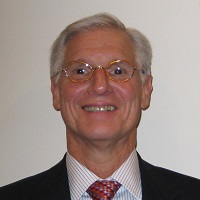
website: https://www.taiforchapelhill.com/
I prefer Amy Ryan over Tai because Amy has a wealth of experience serving Chapel Hill on various boards.
Tai believes that form-based code (FBC) is a good thing and should be expanded beyond Blue Hill. [Ken's issues with FBC]
Tai believes that Chapel Hill is not growing fast enough. [details] That's a stance that will exacerbate our town's traffic and flooding problems.

website: http://www.parker4ch.com/
Michael was a strong advocate for the Durham-Orange Light Rail project (DOLRT). That project wasted $ 159 million of taxpayer money. [details]
Supported the decision to provide incentives to entice Wegman's to build in Chapel Hill. I'm against the Wegman's decision. [details]
Thinks that the Town should help pay for affordable housing. I think that the onus falls on developers. They all want to build in Chapel Hill. If they don't want to provide AH, their proposals should be rejected. We don't need to provide incentives.
Thinks the the Ephesus-Fordham/Blue Hill project was a good project. I disagree. [details]
Michael supports tall buildings ... with no limit to their height. [details]

website: https://www.hunter4chapelhill.com/
Like Michael, Sue was a strong advocate for the Durham-Orange Light Rail project (DOLRT).
Like Tai, Sue believes that Chapel Hill is not growing fast enough. [details]
Believes that flooding is caused by climate change ... not by building. She is wrong. [details]
If you like the large luxury apartment buildings (e.g. Berkshire) that have been popping up all over town, then Sue Hunter is your candidate. Sue's campaign sign has a lovely green background and uses a tree branch icon to suggest that she is pro-tree/pro-environment, but she is actually pro-development as evidenced by her support of the light rail project.